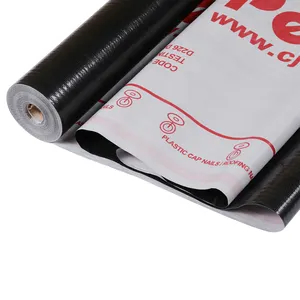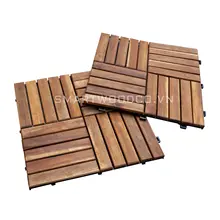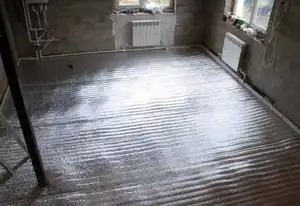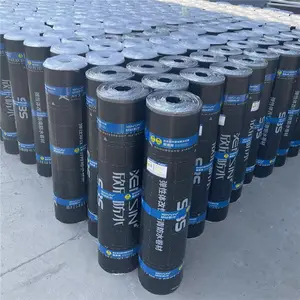Roofing felt is a protective layer that is often installed beneath the roof of a building, which can enhance the waterproofing and durability of the roof, providing an extra layer of protection against leaks. Types of roofing felt include asphalt roofing felt, also known as bitumen roofing felt, and synthetic roofing felt.
The material of roofing felt
Roofing felt is typically made from a cellulose or fiberglass base that is saturated with bitumen. Bitumen is an organic cementitious material, which is an extremely complex mixture of polymer hydrocarbons and its non-metallic derivatives, which is a solid, semi-solid, or liquid state with black or black-brown color at room temperature. As an organic cementitious material, asphalt has good viscosity, plasticity, corrosion resistance, and water enhancement. Apart from bitumen, on both sides of the roofing felt is coated with a weather-resistant material such as sand, mineral granules, or a synthetic substance. This combination of materials provides a strong and durable barrier to protect the roofing structure.
The function of roofing felt
Roofing felt acts as a barrier against water, which is used to provide an additional layer of waterproofing and insulation to the roof, preventing water from seeping through the roof and helping block water that may get past the shingles for fear of causing damage. In addition to waterproofing, roofing felt also helps to control moisture by allowing any condensation or water vapor to escape from the roof. This helps to prevent the buildup of moisture within the roof structure, which can lead to mold or rot. Additionally, roofing felt helps to strengthen the roof structure by providing an extra layer of support. It can help to distribute the weight of the roofing materials more evenly, reducing the risk of damage or sagging. Besides, roofing felt creates a smooth and even surface for the installation of roofing materials. This helps to ensure proper adhesion and positioning of shingles or other roofing products. What’s more, roofing felt like black roof felt can resist strong sunlight and UV rays as well.
The feature of roofing felt
Roofing felt can resist corrosion in soil and water with different pH degrees for a long time, and due to its special materials, it can maintain full strength and elongation in dry and wet states. Besides, the roofing felt is light, soft, and convenient to transport, lay, and construct, and the size of the roofing felt can be adjusted according to different occasions. Additionally, roofing felt features good anti-microbial properties, which can resist damage from microorganisms and insects.











































 浙公网安备 33010002000092号
浙公网安备 33010002000092号 浙B2-20120091-4
浙B2-20120091-4